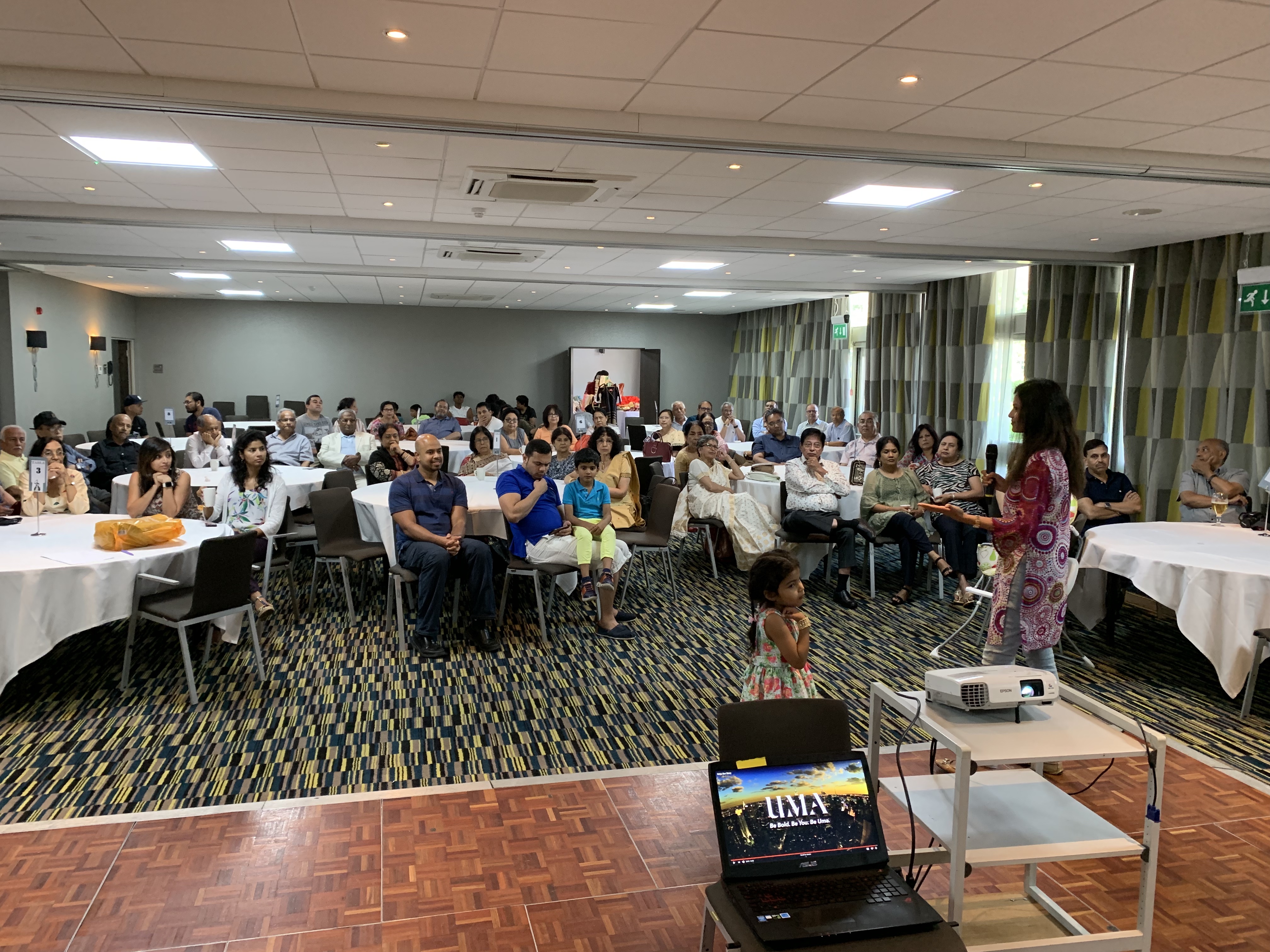It was indeed an honour to give the keynote talk at the annual Assam Day UK function in Nottingham, on the importance for gender parity across cultures, societies and the global economy.
The audience – many of whom I had known from childhood – were a combination of first, second and third generation Assamese folks from across the UK, and some had even traveled from the South of France as well as New York too. As I was faced with three generations of men and women in the room, I had to carve out a topic that would leave an impact, transcend age groups and ultimately resonate with everyone.
So, I started by painting the picture of an ideal world. The scenario where if women were to play an identical role in labour markets to that of men, then, according to McKinsey, as much as $28 trillion, or 26 percent, could be added to the global annual GDP by 2025.
There was a pin drop silence in the room.
We then talked about the reality we were in. Why are there just six women CEOs of FTSE 100 companies? And why are they paid 54% less than their male counterparts? Motherhood and inadequate parental leave are often the first thoughts that come to mind, especially as the research shows a third of women leave their jobs when they have children and if they choose to return, they are 50% less likely to be asked for a job interview if they took a career break due to parental leave, according to Harvard Business Review.
But what about cultural barriers to gender equality? No one really talks about that.
According to Ipsos Mori and the Global Institute of Women’s Leadership at King’s College London, 18% men globally feel that staying at home to look after children makes you less of a man. Great Britain fares better with 13% men agreeing with this statement, with the Serbians coming in at 8% and the Netherlands at 10%. However, given the majority of the demographic in the room had Indian heritage, we compared the stats there too. In India a whopping 39% of men think they are less of a man for staying at home to look after children and that goes up to 76% in South Korea.
So, when we talk about changing mindsets, it isn’t just corporate culture, but years of cultural traditions embedded into societal norms that may all be contributing to the prevention of true gender parity.
Clearly much change is needed. Not only from corporations top down and bottom up, but across cultures and society. The purpose of engaging in this discussion with the audience was to raise awareness and talk about our own stereotypes. The journey starts from within and each individual in the room was asked to play their part in making a difference by sharing their thoughts, experiences and knowledge in their own communities, places of work, at home.
It’s because of all of these superbly complex issues that Uma exists. We curate services to not only empower returners to succeed upon re-entering to the workforce, but to educate and advise senior leadership, management and teams on diversity and inclusion strategies to change corporate culture, train managers and affect team dynamic.

